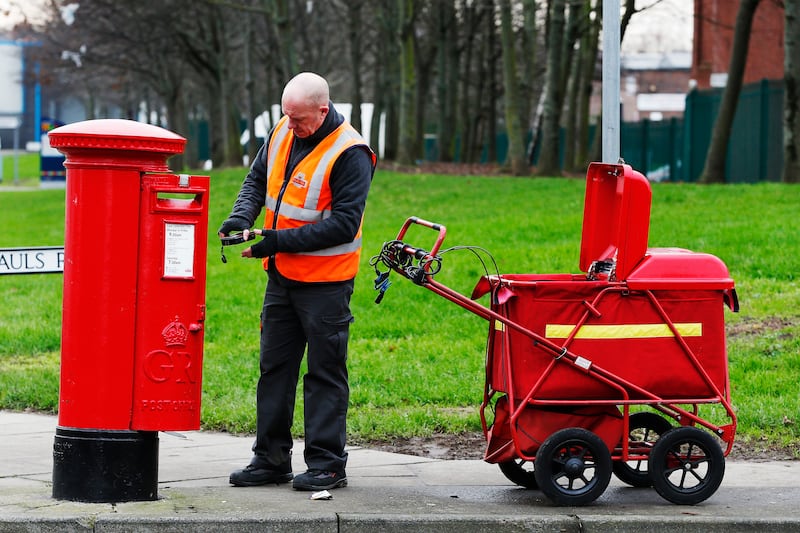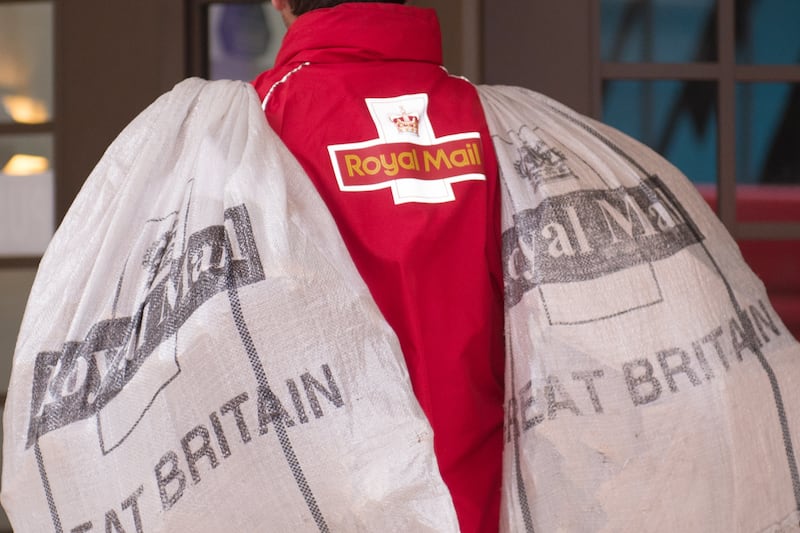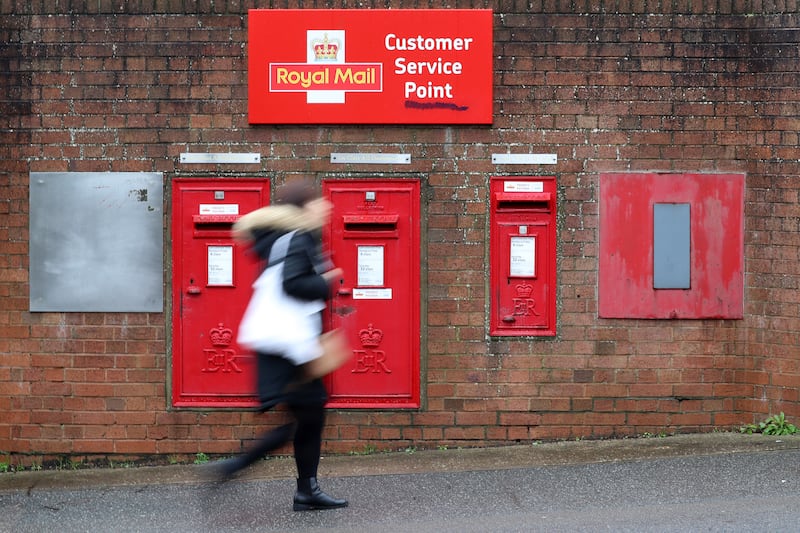A report published by the Northern Ireland Audit Office into the Executive’s Child Poverty Strategy 2016-2022, which aimed to reduce the number of young people facing poverty, found ‘little sustained progress’ in reducing poverty among children.
A report published this year by the Joseph Rowntree Foundation concluded that more than one in five people in the UK (22 per cent) were in poverty. Northern Ireland is the poorest region in the UK and is now one of the poorest parts of Europe.This equates to 14.4 million people – and more than 6 million of them children and pensioners. Sir Michael Marmot, professor of epidemiology and public health at University College London, described the report as “deeply, deeply depressing. It’s grim in the extreme. Essentially Britain has become a poor country with a few rich people”.
Doctors have begun to report cases of malnutrition, scurvy and rickets, not in their hundreds but in their thousands. These were the Victorian diseases of poverty which we thought we had eradicated. Professor Marmot has pointed out that “Universal Credit pays 70 per cent of the cost of meeting essentials. So if you are on Universal Credit, if you’re on benefits, we guarantee you will get sick because we don’t give you enough money to eat healthily, to heat your home or meet the other essentials”. Olivier De Schutter, the UN’s special rapporteur on extreme poverty and human rights, described the UK’s welfare system as “a leaking bucket”.
The Trussell Trust was created in 1997 to support homeless children in Bulgaria but in 2000 it opened its first food bank in the UK because the need was greater here. There are now twice as many food banks in the UK as McDonald’s outlets. Bulgaria and the UK now jointly top the OECD’s league table for income inequality in Europe.
As Professor Danny Dorling has pointed out in ‘Shattered Nation’, Britain did not become the most unequal country in Europe, apart from Bulgaria, by accident. It has been as a result of deliberate Conservative policy choices. “If a government does almost nothing of any consequence to relieve hunger then you have to assume that it wants a large group of people to be sufficiently hungry to cause them to desperately try to find even more underpaid work in order to quell their own hunger and that of their children.”
Jim Curran, Downpatrick, Co Down

Union’s referendum lead over unity increasingly tenuous
The tone of Professor Peter Shirlow’s article – ‘DUP have averted crisis but leadership still required’ (March 11) – is gratuitously triumphalist. People who disagree with his opinions need not be ‘traditionalists’ or ‘intransigent thinker[s]’, as he would have it. There is a lot of room for reasonable dissent from his assertions about the high quality of the DUP’s leadership, the benign nature of unionism’s anti-protocol protests, the fairness of the British government’s Safeguarding the Union command paper, and the hypocrisy of nationalism’s reunification campaign. People holding opposing views need not rush publicly to correct them, as he suggests they should. Prof Shirlow is far from establishing the unassailable veracity of his claims.
His views about surveys on constitutional preference are similarly questionable. He says that “surveys show stability not growth in the numbers for unity”. He cherry-picks two survey findings in support of this view. But other surveys suggest otherwise. The annual Northern Ireland Life & Times (NILT) surveys, for instance, show unequivocal growth, not stability, in the numbers favouring unity in the post-Brexit period. Increasing support for unity is evident across many constituencies outside of traditional unionism, including among nationalists, Catholics and people identifying as Irish. But that’s not all. Support for unity is also trending upward for the so-called middle ground – Alliance voters, those who identify as neither nationalist nor unionist, and those of no religion.
The ‘neither’ group is especially interesting because Prof Shirlow cites that group’s strong preference for union over unity as evidence substantiating his no-growth-in-unity claim. The NILT surveys tell a very different, more complex story. In 2017, 46.6 per cent of neithers said they would vote for union in a border poll and 16.3 per cent said they would support unity, a difference (or net preference for union) of 30.3 percentage points. By 2022, the group’s net preference for union had shrunk dramatically, to just 11.9 percentage points, largely because the numbers supporting Irish unity had almost doubled. Union’s once large referendum lead over unity is becoming increasingly tenuous. It’s still a lead but it’s getting smaller and smaller.
Mike Burke, Associate Professor Emeritus, Toronto Metropolitan University

Make Foyle pier restoration a priority
Unfortunately the first thing people see walking over the almost completed, exciting new Pennyburn bridge on Derry’s Waterfront is the near derelict wooden pier reaching way out into Rosses Bay – it is the widest and most scenic part of our waterfront. This pier was almost invisible from our waterfront before the removal of trees and bushes for the new bridge approach works.
Not now – a depressing sight in stark contrast to the nearby proud new bridge.
It’s common practice to show off our river front – the envy of every city on this island – to outside investors.
What would they think walking over our new bridge suddenly seeing a badly run-down pier?
This privately-owned pier must therefore be bought and restored by the council.
Apart from job creation, restoration would be a major outdoor enhancement for Derry people. And it would boost tourism to the city – visitors love pier walks.
The money is there, Foyle riverfront enhancement being part of the City Deal.
Furthermore council has experience of commissioning and completing marine projects.
Restoration would of course require a marine restoration licence from Minister Andrew Muir’s Department of Agriculture, Environment and Rural Affairs, because the Foyle flowing through the city is tidal.
DAERA have told me not a problem. And also, to date, no application had been made to licence this restoration.
Council must see restoration of Rosses Bay Pier as an urgent priority. Otherwise bits will fall into Rosses Bay, creating a navigation hazard instead of something attractive Derry folk can be proud of.








